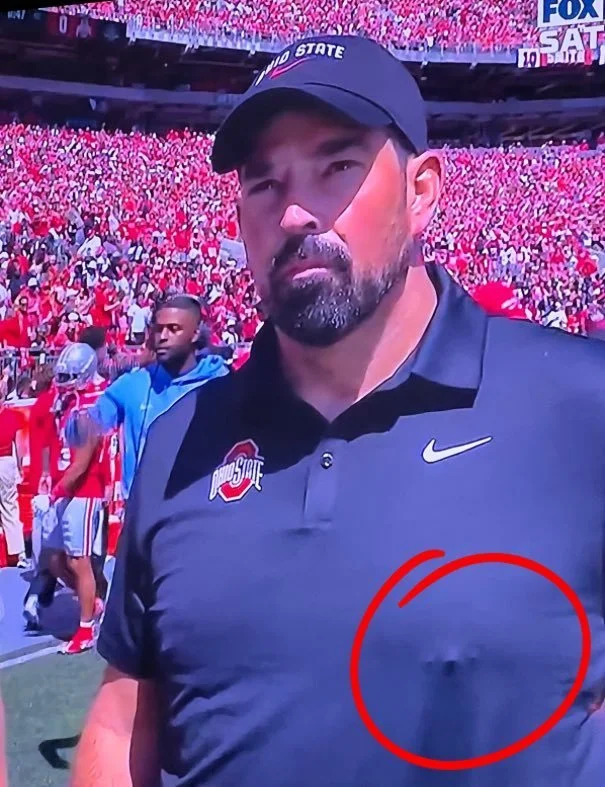John 1:29-42
The next day he saw Jesus coming toward him and declared, “Here is the Lamb of God who takes away the sin of the world! This is he of whom I said, ‘After me comes a man who ranks ahead of me because he was before me.’ I myself did not know him, but I came baptizing with water for this reason, that he might be revealed to Israel.”
And John testified, “I saw the Spirit descending from heaven like a dove, and it remained on him. I myself did not know him, but the one who sent me to baptize with water said to me, ‘He on whom you see the Spirit descend and remain is the one who baptizes with the Holy Spirit.’ And I myself have seen and have testified that this is the Chosen One.”
The next day John again was standing with two of his disciples, and as he watched Jesus walk by he exclaimed, “Look, here is the Lamb of God!” The two disciples heard him say this, and they followed Jesus. When Jesus turned and saw them following, he said to them, “What are you looking for?” They said to him, “Rabbi” (which translated means Teacher), “where are you staying?” He said to them, “Come and see.”
They came and saw where he was staying, and they remained with him that day. It was about four o’clock in the afternoon. One of the two who heard John speak and followed him was Andrew, Simon Peter’s brother.
He first found his brother Simon and said to him, “We have found the Messiah” (which is translated Anointed). He brought Simon to Jesus, who looked at him and said, “You are Simon son of John. You are to be called Cephas” (which is translated Peter).
A couple of weeks ago, I signed up for Better with Time, a weekly newsletter course. Each week, I get a new tip in my inbox. Something small I can do at a different time of day to add a little more joy and adventure to my life. I’m two weeks in, and so far, I’ve experienced no added joy and absolutely no adventure.
And it’s not because I didn’t try—well, maybe the first one. Week one’s suggestion was to eat chicken parmigiana for breakfast. I mean… who would do such a thing? The point wasn’t nutrition. It was control. The author argues that breakfast can be whatever you want it to be, and that by eating chicken parm for breakfast, you reclaim a sense of freedom over your life. You start thinking outside the bowl.
You can let me know how that goes.
Week two didn’t do much for me either. The challenge was to spend twenty minutes flipping through a dictionary. The most joy I got from that was asking Pastor Mark for a dictionary—who, of course, had one from 1922.
I signed up for this newsletter because, honestly, I could use a little more joy in my day—who couldn’t?
I don’t necessarily need more adventure. But a distraction would be nice. A distraction from the endless updates of insanity that seem to flood our newsfeeds, no matter which one you’re looking at. So when I saw something that promised to tell me how to live my life in a way that might add a little joy—and it was free—I thought, why not?
After all, we are constantly being told how to live a life. By people, by companies, by experts.
We’re told what we should want, what we should value, and then—almost always—we’re offered a solution. Usually at a cost. But our passage today gives us a pretty good picture of how to live a life.
This is Jesus’ first public appearance in the Gospel of John. And instead of John the Baptist doing any baptizing, he shows up here as John the Witness—or John the Testifier. He doesn’t perform a ritual. He points. Literally.
Every time Jesus walks by, John points and says, “Look! There he is!” Honestly, it’s a little odd. John is like a toddler in public, loudly pointing at a stranger: Look at that person! I can’t help but wonder if it was as embarrassing for Jesus as it can be for parents when that happens. But that’s the scene. John sees Jesus, and he wants everyone else to see him too.
The second time John points and shouts at Jesus, two of his disciples finally pay attention.
They hear what John is saying, and something about it catches them. So they begin to follow Jesus.
And then—Jesus turns around.
He looks at them and asks, “What are you looking for?”
In English, the question sounds simple. But it doesn’t really capture the depth of what Jesus is asking.
It’s closer to: What are you seeking? What do you hope to find? What do you long for? The disciples respond to Jesus by asking, “Rabbi, where are you staying?”
It’s a richer question than it first sounds. They aren’t asking for an address. They’re asking where Jesus dwells, where he abides. And that word carries the sense of belonging. It’s the difference between a hotel and a home. You stay at a hotel. But you abide, you belong, at the place you call home. That’s what the disciples are really asking: Where do you dwell? Because we want to dwell there too.
Jesus responds with a simple invitation: “Come and see.” Not an explanation. Not a theological lecture. Not a test to see if they believe the right things or are worthy enough. Just an invitation. Come and see.
And they do. They spend the rest of the day with Jesus. The text doesn’t tell us what happens while they’re there, but something clearly does happen. We know this because before abiding with Jesus, they called him Rabbi, teacher. Respectful. Formal. After spending time with him, they leave calling him Messiah: the anointed one, the one who saves and frees.
Don’t you wonder what happened in between: what they talked about? what they saw? what they experienced? Whatever it was, it changed them. They had to be impressed. Amazed. Astonished. So much so that Andrew immediately goes and tells his brother Simon what he has seen and experienced.
I wonder how Simon took that news. If he’s anything like me, I imagine his response was something like, No way. Are you sure? Prove it. But Andrew doesn’t argue. He doesn’t explain. He simply brings his brother to Jesus. I wonder if he used the same invitation Jesus used with him: Come and see. Because no sooner than he tells his brother the two of them are off to find Jesus.
And that’s when it clicks for me.
I don’t need a newsletter to tell me how to live a more joyful or adventurous life. I don’t need influencers, companies, or marketing campaigns promising they have the product that will finally solve all my problems. What I need in this life is what those two disciples just experienced—because that is living a life: paying attention, being astonished, and telling about it.
And that’s not my framework, but the poet, Mary Oliver’s. In her poem Sometimes, she writes: “How to live a life: Pay attention. Be astonished. Tell about it.”
The disciples paid attention to what John was saying about Jesus. They noticed where he was pointing, and they were willing to look in that direction. That’s often how faith begins, not with certainty, but with curiosity. With listening to those who point us toward Jesus, and being willing to follow their gaze. And sometimes that pointing takes us somewhere we didn’t expect.
Then they abide with Jesus—and they are astonished by him. What a gift. When was the last time you were astonished by Jesus? Truly astonished—filled with wonder, caught off guard, surprised by grace.
Maybe it happens in the quiet of prayer, when you aren’t looking for an answer, and Christ meets you with peace instead.
Maybe it happens through the words of Scripture - when you read a passage for the one hundred and first time and finally hear the promise it has for you. Not because the words changed, but because you did.
Maybe it happens through a song - when the Spirit overwhelms you at the very moment you least expected it.
You know this kind of astonishment when it happens - because it changes you. No longer is Jesus only a teacher, someone with wise words to admire from a distance. He becomes Messiah: the one you follow, the one who meets you, the one who saves and frees. And once we are astonished, just like Simon, we can’t help but tell about it.
About the Messiah we’ve found. About the astonishment we’ve experienced. About the abiding that has changed us.
And the way we tell isn’t by arguing or proving or persuading. It’s by offering the same invitation Jesus offered in the first place: come and see. Hearts and minds aren’t changed by data or debates. They’re changed through stories and experiences.
Siblings in Christ, Jesus gives the same invitation to us: come and see.
Come and abide with me.
Come and be astonished by me.
This is what I hope for us at Cross of Grace. That we are a people who have seen Jesus, and who can’t help but point to him. A community astonished by his mercy, forgiveness, and grace. So that when others are searching, when they know something is missing, when they are looking for more hope, more joy, more belonging in their life, we don’t try to convince them or fix them.
We simply point. We point to Jesus. We point to a place where he abides with us. A place where they will be welcomed and loved.
And we offer the same simple invitation: Come and see.
Come and see why our joy doesn’t come from newsletters, but from being astonished by the grace of Jesus Christ. Come and see a place where you can experience that grace for yourself.
That’s how we live a life: Pay attention. Be astonished. Tell about it.
Amen.





